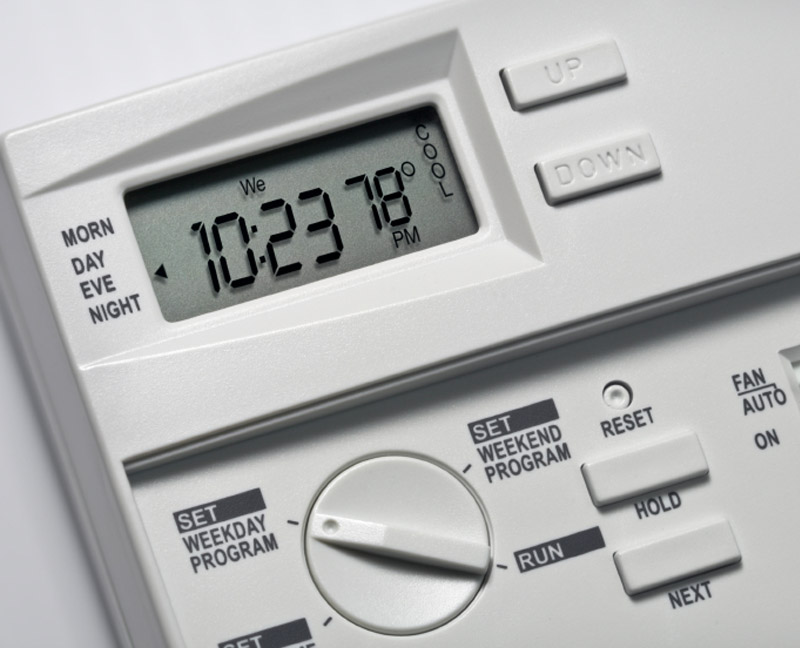Cool Comfort or Health Hazard? Understanding the Health Effects of Air Conditioning

As temperatures rise, air conditioning (AC) becomes a haven of cool relief. While it provides comfort and improves quality of life, especially during sweltering summer months, air conditioning also has health implications that are worth considering. Understanding the potential health effects of using air conditioning can help you make informed choices to enjoy its benefits while minimizing any negative impacts.
One of the primary benefits of air conditioning is its ability to create a comfortable indoor environment, which can be crucial for preventing heat-related illnesses such as heat exhaustion and heat stroke. For vulnerable populations like the elderly, children, and those with chronic health conditions, air conditioning can be a lifesaver during extreme heat waves. Moreover, a cooler environment can improve sleep quality, as our bodies require a lower temperature for optimal rest.
However, prolonged exposure to air-conditioned environments can have some drawbacks. One of the most common issues is dry air. Air conditioning units often reduce humidity levels, leading to dry skin, eyes, and respiratory passages. This dryness can cause irritation and discomfort, particularly for individuals with pre-existing conditions such as eczema, asthma, or allergies. To mitigate this, using a humidifier in conjunction with an air conditioner can help maintain a more balanced indoor humidity level.
Another concern is the potential for respiratory problems. Air conditioning systems can circulate dust, pollen, mold spores, and other allergens if not properly maintained. Dirty filters and ducts can become breeding grounds for bacteria and fungi, which can then be dispersed throughout the living space. This can exacerbate respiratory conditions like asthma and bronchitis and lead to increased allergic reactions. Regular maintenance, including cleaning and replacing filters, is essential to ensure that air conditioning units do not compromise indoor air quality.
Furthermore, sudden changes in temperature, such as moving from a hot outdoor environment to a cold, air-conditioned indoor space, can strain the body’s ability to regulate temperature. This can lead to symptoms such as headaches, respiratory issues, and muscle stiffness. Gradually acclimating to cooler temperatures by setting the air conditioner to a moderate level can help reduce these effects.
For office workers and others who spend extended periods in air-conditioned environments, there is also the risk of “sick building syndrome.” Symptoms of this condition include headaches, dizziness, nausea, and fatigue, often linked to poor indoor air quality and inadequate ventilation. Ensuring that air-conditioned spaces are well-ventilated and maintaining clean air systems can help alleviate these issues.
Air conditioning can also have indirect health effects related to reduced physical activity. In hot weather, people are more likely to stay indoors in air-conditioned comfort, potentially leading to a more sedentary lifestyle. This reduction in physical activity can contribute to weight gain, cardiovascular problems, and other health issues associated with a lack of exercise. Balancing time spent in air-conditioned environments with outdoor activities, particularly during cooler parts of the day, can help maintain a healthy level of physical activity.
While air conditioning offers significant comfort and health benefits, particularly during extreme heat, it also has potential downsides that should not be overlooked. Dry air, respiratory issues from poorly maintained systems, and reduced physical activity are some of the concerns associated with prolonged AC use. By taking steps such as maintaining AC units, using humidifiers, and balancing indoor comfort with outdoor activity, you can enjoy the benefits of air conditioning while minimizing its negative health effects.
The contents of this article have been reviewed by Dr. Ahmed Nashat, Family Medicine provider with Shore Physicians Group. Dr. Nashat treats patients at Shore Physicians Group’s office located at 401 Bethel Road in Somers Point. To schedule an appointment with Dr. Nashat, call 609-365-6200.